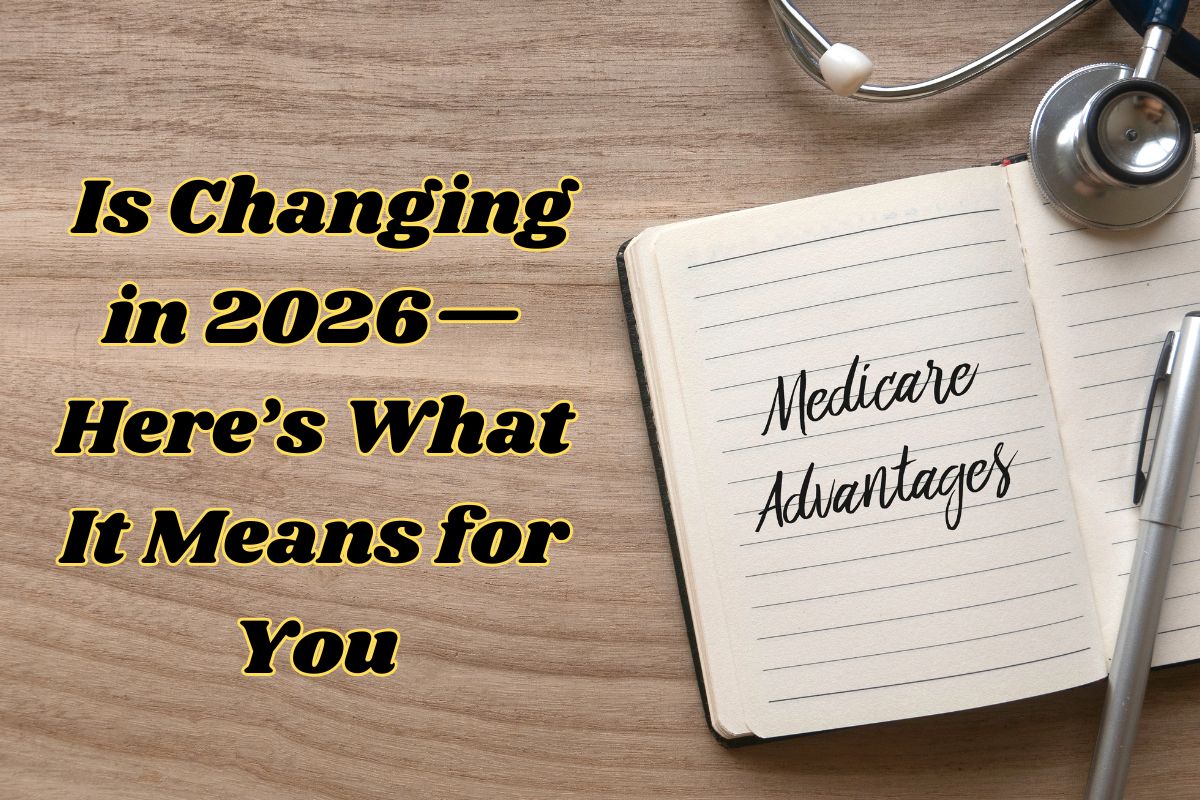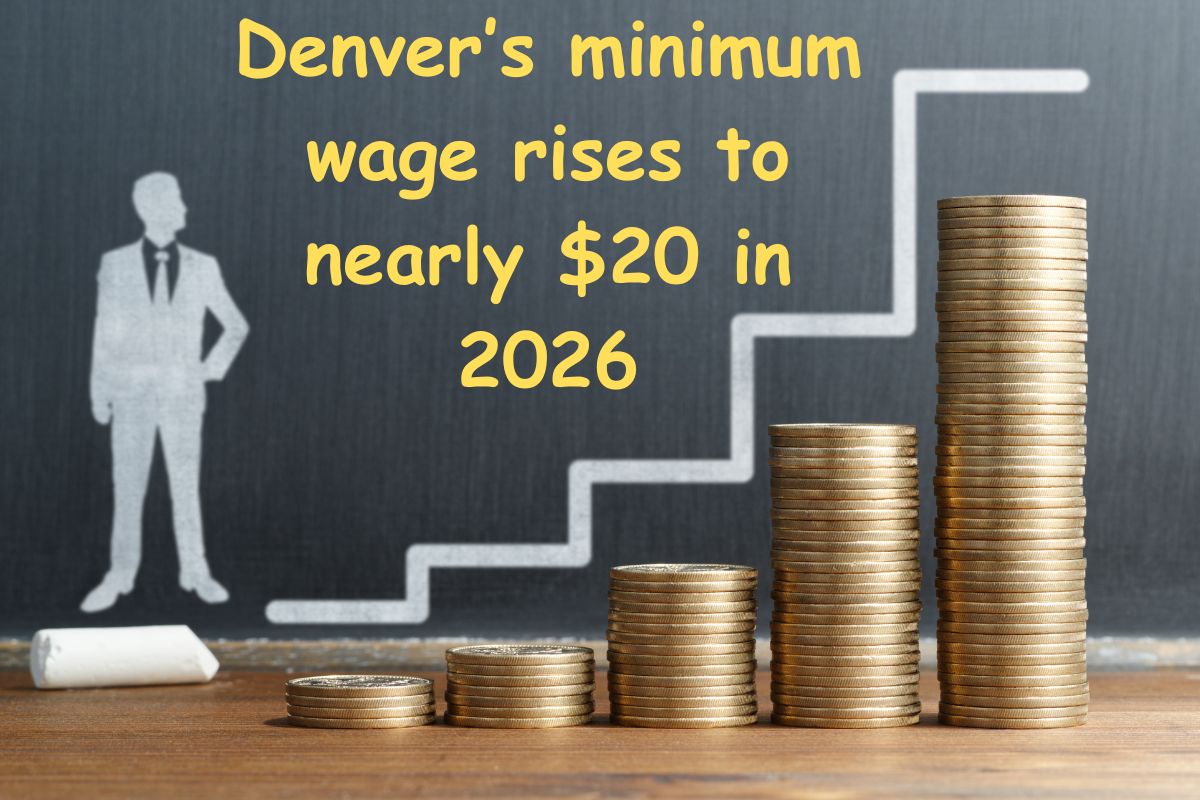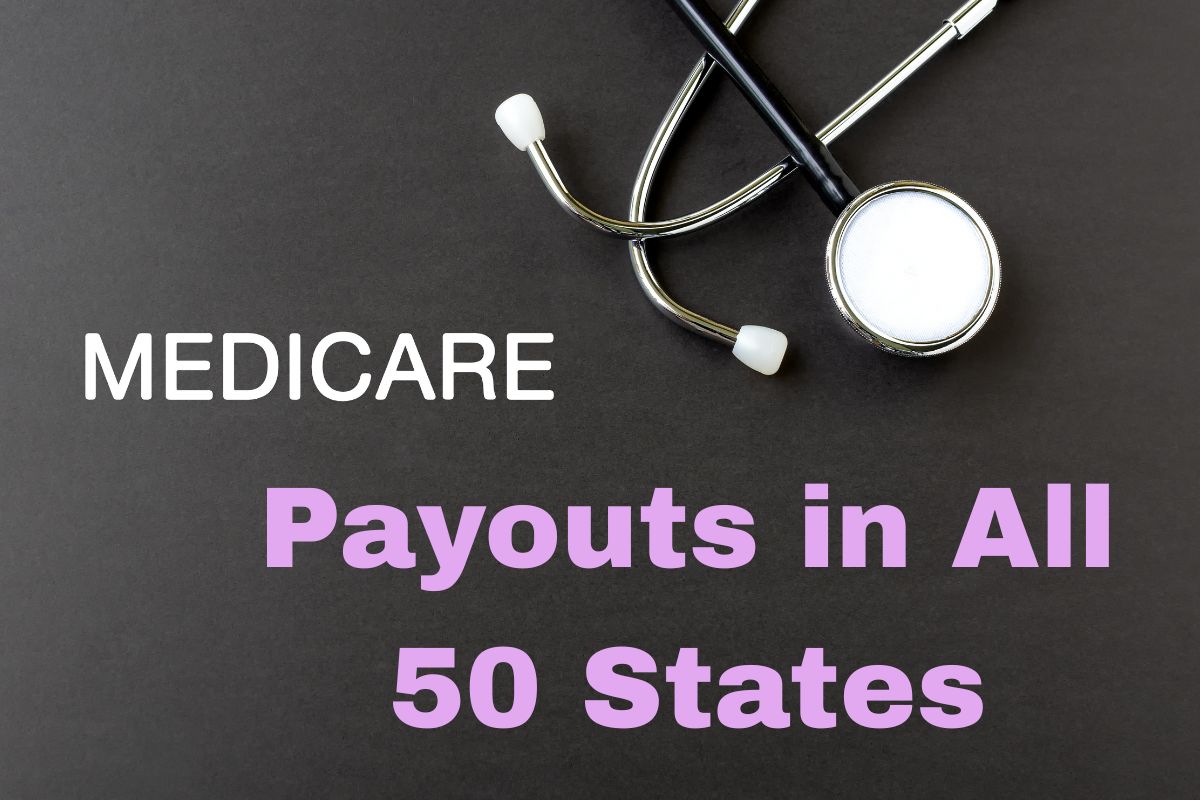Have you been waiting all year for the day! This 8th Pay Commission brings the prospect of a major increase in salary that will change your financial picture for a government central worker or pensioner. After ten years of the 7th Pay Commission structure, you’re finally getting the full pay raise you’ve been waiting for. It was announced that the Union Cabinet approved this game-changing commission in January 2025 and its implementation date is January 1st, 2026. It is expected to provide 30% to 34% increase in your salary due to an increased fitness factor that ranges between 2.28 to 2.86, which will significantly raise your basic salary to a minimum level of around Rs 18,000 up to 41,000 rupees.
The revision doesn’t only concern numbers, it’s about enhancing your living standards and reducing the effects of inflation, and making sure your pay is in line with the present economic reality. No matter if you’re one of 48.62 lakh employees who are active and 67.85 lakh pensioners this pay commission will alter your financial outlook by boosting basic pay and combined dearness allowance benefits as well as revised pension structure.
8th Pay Commission Latest Update 2025
This 8th Pay Commission announcement came in January 2025, however you’re still waiting on the official announcement and the selection of members. The government is currently in consultation with the state governments, as well as including the Ministry of Defence, Home Affairs and Department of Personnel and Training to finish the terms of Reference (ToR). Although the cabinet’s approval was announced on the 16th of January, 2025 the actual process of forming is delayed while officials attempt to figure out the complicated administrative demands.
The past has shown that pay commissions usually take between 2 and 3 years from the time of creation to the time of implementation. In the case of the 6th Pay Commission took 22-24 months from the time of formation until implementation and it took the 7th Pay Commission operated from February 2014 until November 2016. Based on these timeframes experts have predicted that an 8th Pay Commission might not fully operational until the end of 2026 or 2027, with the finalization possible extending into 2028. But, the salary revisions are calculated retroactively starting January 1st of 2026, which will ensure you get your arrears in full.
8th Pay Commission Overview
| Aspect | Information |
| Day of Implementation | January 1st 2026 |
| Beneficiaries | 48.62 lakh employees plus 67.85 lakh pensioners |
| Estimated Salary Increase | 30-34 30 % of all levels |
| A Range of Fitment Factors | 1.83 from 2.86 (most most likely 2.28) |
| Current Minimum Pay | Rs 18,000 |
| The New Expected Minimum | 41,000 rupees (with 2.28 fitting factor) |
| Present DA Rate | 55 percent (will be reset to zero) |
| Current Minimum Pension | Rs 9,000 |
| Expected New Pension | Rs 20,500 – Rs 25,200 |
| Commission State | The approval was granted, but the organization is not yet formed. |
| Official Website | https://doe.gov.in/central-pay-commission |

Salary Structure Changes
The structure of your salary is set to undergo a radical change as part of the 8th Pay Commission. A fitment ratio of 2.28 will increase your basic salary, resulting in a significant increases that address the effects of inflation for years. The minimum salary will increase from Rs 18,000 to Rs 41,000 which is an impressive rise of 128% in your base salary.
The Dearness Allowance (DA) is currently 55 percent of base salary, is to be incorporated into your new salary calculation. This means that DA will be reset to zero in the beginning however, your higher base pay will more than make up for the change. This merge simplifies your pay structure and will result in better pension calculation since pensions are tied to basic pay.
Your house Rent Allowance (HRA) as well as travel Allowance (TA) are calculated based on the new pay scale which will result in you receiving proportionally more benefits. The pay scale will grow across the entire 18 levels, so that everyone receives the proper increases in line with their current status.
Impact of Fitment Factor
The fitment factor is the multiplier which determines your salary rise in the context of the commission change. The factor is predicted by experts to be in the range of 1.83 and 2.86. The factor directly affects every rupees of your pay, which makes it the most crucial aspect of the change.
If you’re currently in Level 1 and earning Rs 18,000 in basic pay the 2.28 factor of fitment will increase your earnings to Rs 41,040. Employees at higher levels will receive greater increases. Level 18 employees might receive a Rs 2.5 lakh basic pay rise to Rs 5.7 lakh by using an increase of 2.28 factor.
The government is mindful of the economic environment as well as inflation rates and the fiscal impact when determining the ultimate fitting factor. The historical data indicates that how the 7th Pay Commission used a 2.57 factor, whereas that of the 6th Pay Commission used 1.86 which indicates a gradual increasing commitment by the government to the welfare of employees.
Pension Benefits
Retirement benefits will get an increase of up to 20% under the 8th Pay Commission. If you’re receiving the minimum retirement pension of Rs 9,000 you can count on it to rise to Rs 20,500 with an approximate 2.28 ratio of fitment. There are some projections that suggest pensions could increase to Rs 25,200 depending upon the factor is approved.
The calculation of pensions will be based upon your updated base pay system, making sure that retirement beneficiaries are benefited in proportion to the pay increases. Because pensions are tied with basic salary and DA, the fusion with DA to basic pay is expected to significantly impact the pension calculation process in the future.
Additionally, you’ll benefit from better pension disbursement systems and improved retirement benefits in the Commission’s overall approach to employee well-being. The new regulations will ensure that seniors have financial stability and dignity in retirement.
Implementation Timeline
8th Pay Commission received Union Cabinet approval on 16 January 2025. You’ll have to wait until the official announcement and appointment of members. The past experience suggests that the commission can take anywhere from 2 to 3 years from its formation to the time of implementation so the final implementation could take until 2028.
The government has vowed to implement salary adjustments starting the 1st of January, 2026 regardless of when the final recommendations are approved. That means you’ll be owed arrears that cover the period from January 2026 until the actual date of implementation.
It is expected that to see Terms of Reference and the appointments of commission members to be announced shortly because unions as well as government entities are debating the framework. The commission is then expected to spend months analyzing current pay structures in consultation with the public, as well as making complete recommendations.
The 8th Pay Commission represents a significant opportunity for security and financial growth when you’re a central government worker or pensioner. With expected pay increases of 30 to 34% and a fitment ratio that could end up exceeding 2.28 This means you’ll be able to enjoy significant improvements in your monthly income as well as the long-term stability of your finances. The comprehensive approach of the commission is not limited to salary increases but also allowance restructuring, pension reforms as well as inflation-related adjustments which have been built over the past 10 years. The pay commission will affect more than 1.16 crore people directly and will increase your purchasing power within an ever-changing economic landscape.
FAQ’s
Are all allowances going to increase in the 8th Pay Commission?
Not all allowances will rise in proportion. While some allowances, such as HRA or TA will be adjusted in accordance with your new base pay, smaller allowances may be cut or merged to simplify pay structure, much like what was happening in the 7th Pay Commission when 52 allowances were cut off.
What is the impact of the DA reset impact my salary overall?
It’s true that the DA adjustment to zero could be alarming, but the new base wage will also be calculated using your present DA component. So, you won’t lose cash – rather, you’ll be paid a higher base salary which serves as the basis for other calculations, such as future DA increases as well as pension calculations.
When do I begin receiving my new salary amount?
The revised salary will be available beginning January 1st, 2026, in accordance with the announcements made from the government. If the final recommendations of the commission are implemented after January 20, 2026, you’ll get arrears for the whole time from the day of effective until the date of implementation.

Hi, I’m Harikesh, a content writer at cgncollege.com. I write engaging and informative articles covering the latest news, India, and global updates. My goal is to keep readers informed with accurate and insightful stories from around the world.






